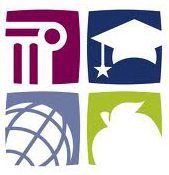LDT Program Features
Quality Matters Certified Courses and Program Certifications
Courses in the LDT program undergo certification by Quality Matters. Quality Matters is an international, inter-institutional program. QM’s quality assurance processes are designed to certify the design of online and blended courses.
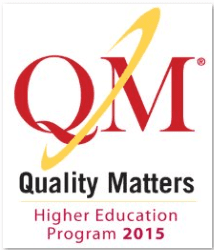
The faculty who teach in the LDT program are APPQMR certified. The LDT program has twelve QM-certified courses. The other LDT courses are going through an internal review. All QM Course reviews are going through a subscriber-managed review at UNC Charlotte. Future qualified internal QM Course Reviews will be conducted by teams of two or three QM reviewers who have taken QM professional development.
The Learning, Design and Technology program has received Quality Matter’s Program Level Certification in Program Design, Learner Success, and Teaching Support.
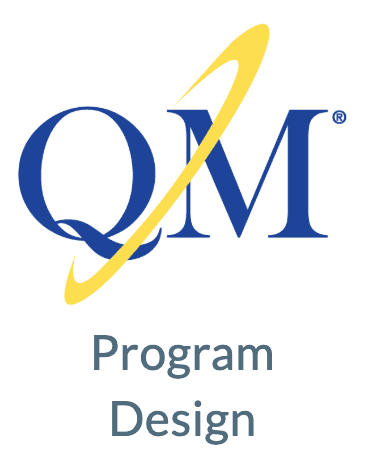
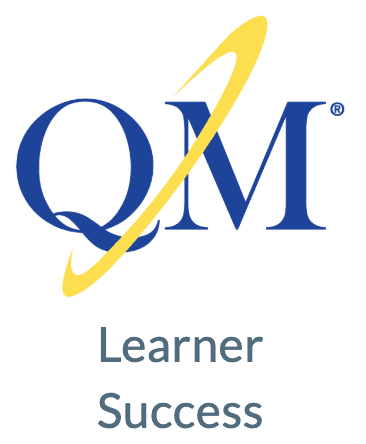
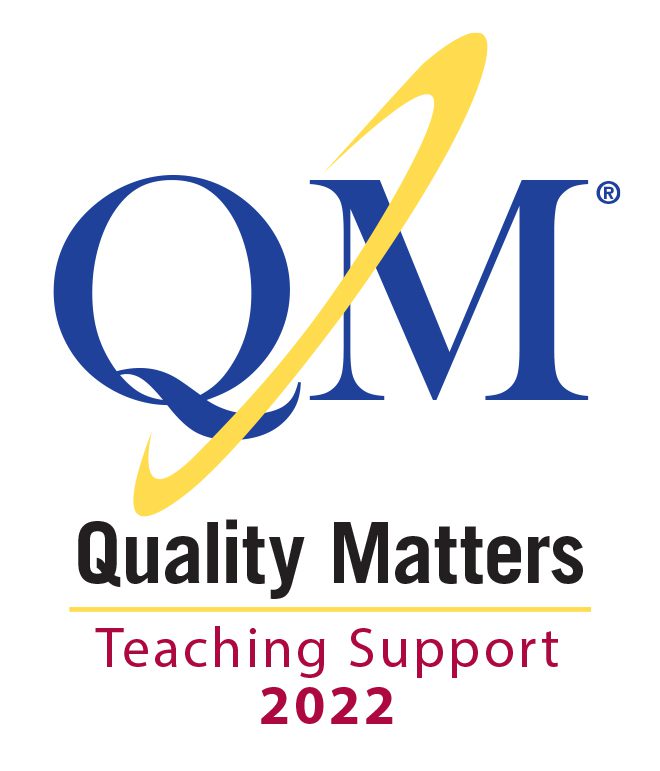
LDT Program Advisory Board
The LDT Program has an advisory board comprised of instructional technology leaders from K-12, higher education, and industry.
- Dr. Shanna Coles – Director of Strategy Development & Learner Solutions, the University of North Carolina at Charlotte
- Dr. Don Kirkey – President & Principal Consultant, Trinity Creek Group
- Dr. Rachel McBroom — Chief Operations Officer, North Carolina Virtual Public School
- Dr. Corey McNeill – Section Chief for School Connectivity at NCDPI
- Mr. Dave Sansavera — Sr. Director of Field Talent Acquisition at Lowe’s Companies, Inc.
- Ms. Nicole Nichols — Senior Vice President of Learning and Development, LPL Financial
- Dr. Heather Ramsey – Personalized Digital Learning Specialist, Charlotte Mecklenburg Schools
- Mr. Brandon Wilson – Assistant Principal, Cabarrus County Schools
- Dr. Holly Burkett – Principal Coach, Consultant, Speaker & Author
Internships
We place students for their internships with schools and industries to work on real-world projects. If you would like to host and LDT student intern please fill out this form.
The LDT program strives to map all its courses to professional standards such as AECT, ISTE, and NCDPI.
The Association for Educational Communications Technology (AECT)

AECT is a professional association of thousands of educators and others whose activities are directed toward improving instruction through technology. (http://www.aect.org)
Click here to read the entire list of AECT competencies
- Standard 1 (Content Knowledge): Candidates demonstrate the knowledge necessary to create, use, assess, and manage theoretical and practical applications of educational technologies and processes.
- Standard 2 (Content Pedagogy): Candidates develop as reflective practitioners able to demonstrate effective implementation of educational technologies and processes based on contemporary content and pedagogy.
- Standard 3 (Learning Environments): Candidates facilitate learning (p. 41) by creating, using, evaluating, and managing effective learning environments. (p. 1)
- Standard 4 (Professional Knowledge and Skills): Candidates design, develop, implement, and evaluate technology-rich learning environments within a supportive community of practice.
- Standard 5 (Research): Candidates explore, evaluate, synthesize, and apply methods of inquiry to enhance learning (p. 4) and improve performance (pp. 6-7).
INTERNATIONAL SOCIETY FOR PERFORMANCE IMPROVEMENT (ISPI)
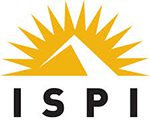
Click to read the entire list of ISPI standards.
- Standard 1: Focus on Results or Outcomes
- Standard 2: Take a Systemic View
- Standard 3: Add Value
- Standard 4: Work in Partnership with Clients and Stakeholders
- Standard 5: Determine Need or Opportunity
- Standard 6: Determine Cause
- Standard 7: Design Solutions including Implementation and Evaluation
- Standard 8: Ensure Solutions’ Conformity and Feasibility
- Standard 9: Implement Solutions
- Standard 10: Evaluate Results and Impact
ISTE STANDARDS FOR TECHNOLOGY COACHES

Click to read the entire list of ISTE competencies
- Standard 1: (Change Agent) Coaches inspire educators and leaders to use technology to create equitable and ongoing access to meaningful learning.
- Standard 2: (Connected Learner) Coaches model the Student and Educator standards, and identify ways to improve their coaching practice.
- Standard 3: (Collaborator) Coaches establish productive relationships with educators to improve instructional practice and learning outcomes.
- Standard 4: (Learning Designer) Coaches model and support educators to design learning experiences and environments that meet the needs and interests of all students.
- Standard 5: (Professional Learning Facilitator) Coaches plan, provide and evaluate the impact of professional learning for educators and leaders on the use of technology to advance teaching and learning.
- Standard 6: [Data-Driven Decision-Maker] Coaches model and support the use of qualitative and quantitative data to inform their own instruction and professional learning.
- Standard 7: [Digital Citizen Advocate] Coaches model digital citizenship and support educators and students in recognizing the responsibilities and opportunities inherent in living in a digital world.
NORTH CAROLINA DEPARTMENT OF PUBLIC INSTRUCTION (NCDPI) FACILITATOR STANDARDS
